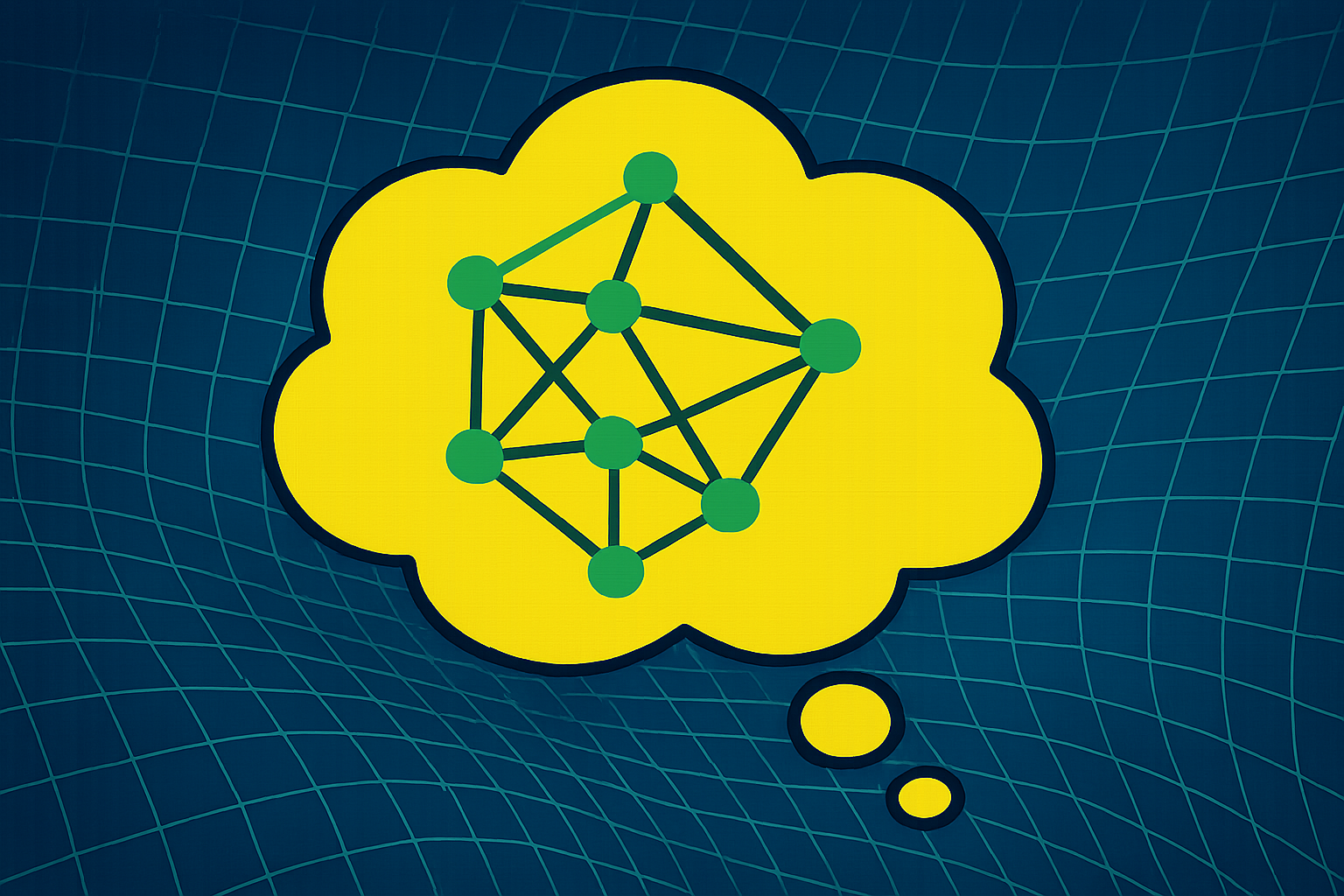Get the latest tech news
Researchers found that people often use search engines in ways that unintentionally reinforce their existing beliefs. Even unbiased search engines can lead users into digital echo chambers—simply because of how people phrase their search queries.
Tulane University News and Press Releases
In an era defined by polarized views on everything from public health to politics, a new Tulane University offers insight into why people may struggle to change their minds—especially when they turn to the internet for answers. Whether users were researching caffeine, nuclear energy, crime rates or COVID-19, their search terms tended to be framed in a way that aligned with their preexisting opinions. “Because AI and large-scale search are embedded in our daily lives, integrating a broader-search approach could reduce echo chambers for millions (if not billions) of users,” Leung said.
Or read this on r/technology
